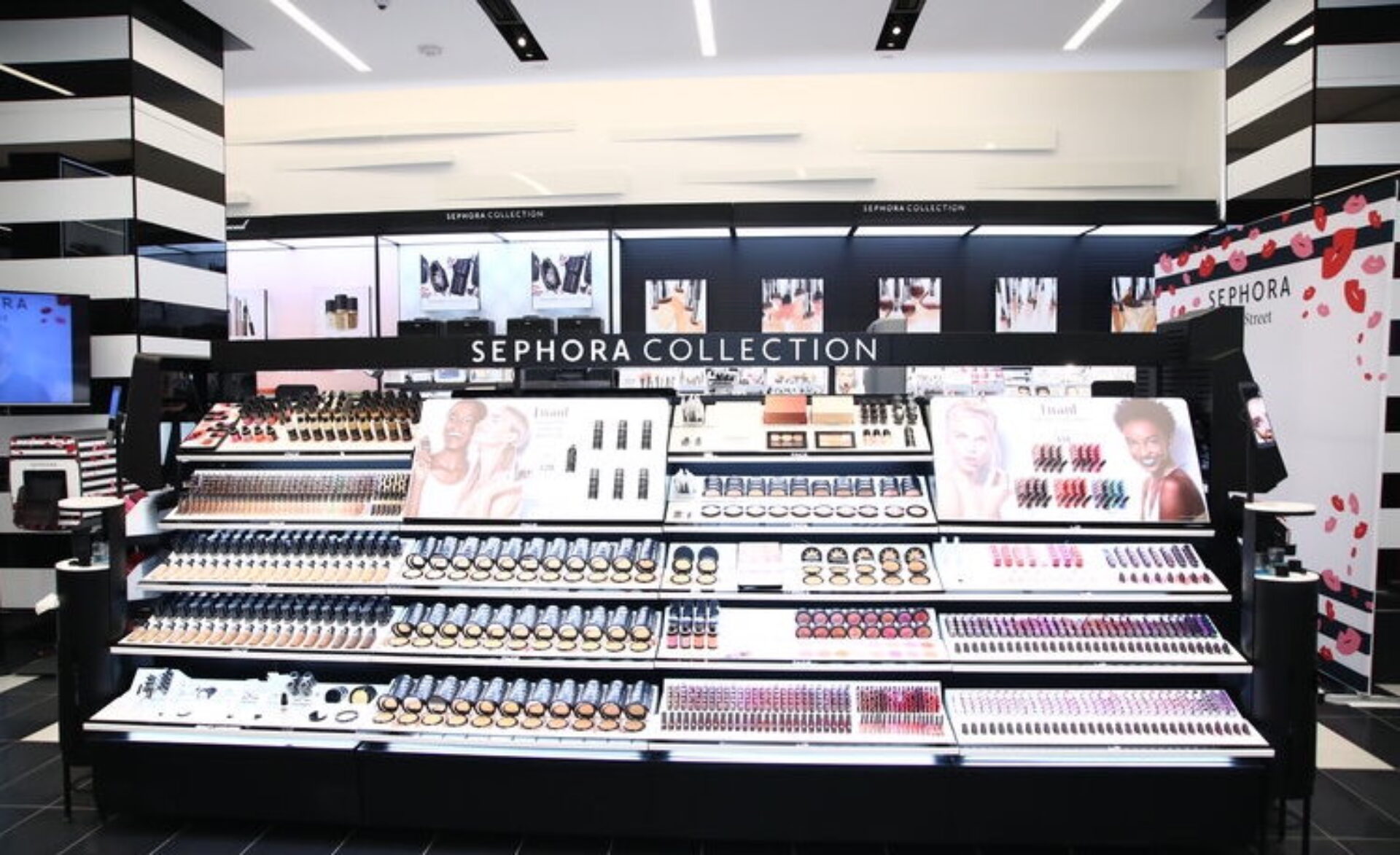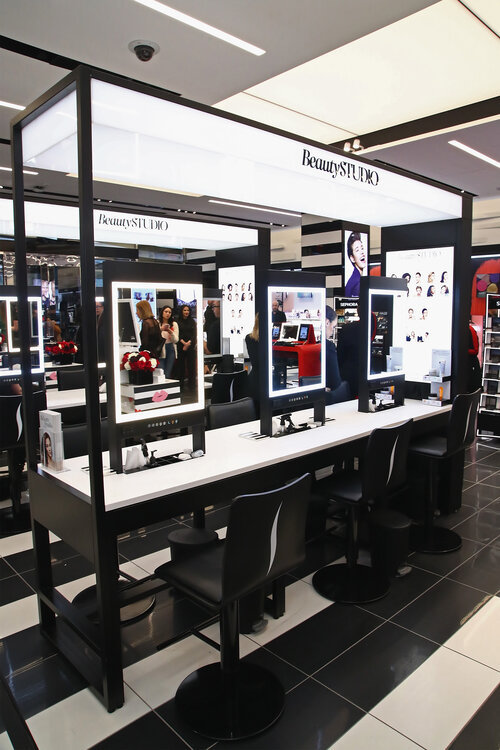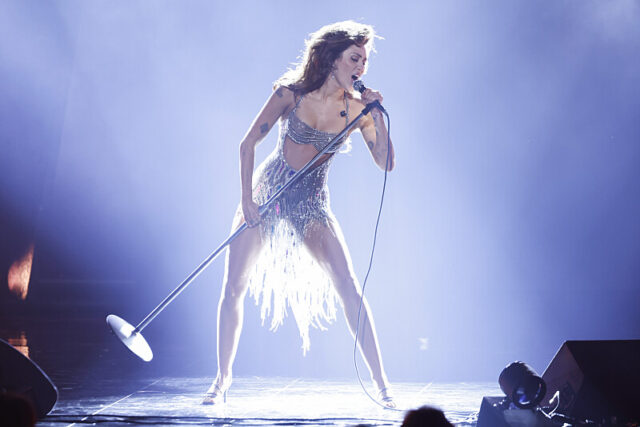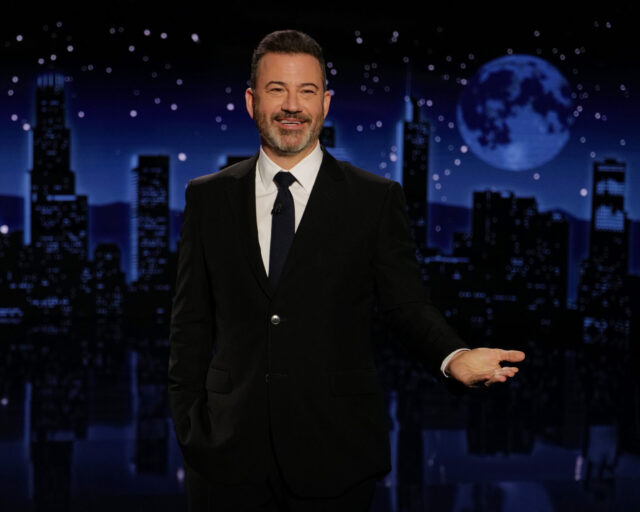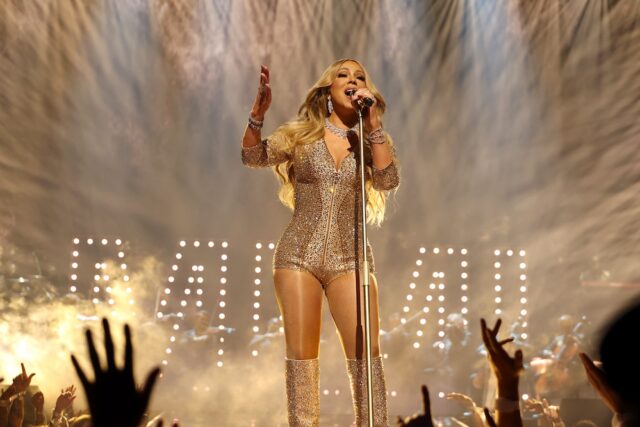The New Sephora Kid Epidemic
The days of kids spending birthday money on the latest game or book are long gone.
Sephora, and other big-brand beauty retailers like Ulta, are attracting an entirely new generation of customers: tweens, or as TikTok calls them “Sephora Kids.”
“Sephora Kids” reportedly swarm into beauty-concept stores eager to find the latest trending product— most recently it was anything Drunk Elephant. Although these tweens have become regular customers, The New York Times refers to them as a “mixed blessing.”
To put it simply, what works for adults can’t work for kids. The New York Times reports that “Retail analysts say that as the beauty stores attract a new generation of shoppers, they will need to make sure that the experience remains fulfilling for their older, core customers — including some who may not enjoy stores full of tweens and teens.”
A thread addressing the “Sephora Kid” epidemic exists in the Sephora Beauty Insider Community. Posts on the thread vary from complaining that the kids have no sense of customer etiquette, to claiming that no child under the age of 16 should walk into the store unaccompanied, to ultimately defending the curiosity of these tweens.
However, the deeper and underlying issue is the emphasis on anti-aging skincare products that have started to flood TikTok’s For You Page. On the Sephora website, under Drunk Elephant and “anti-aging” one can find products such as the Drunk Elephant Protini Polypeptide Firming Refillable Moisturizer and the D-Bronzi Bronzing Drops with Peptides. Both products have gone viral on TikTok and often appear in videos of influencers like Alix Earle, who currently has 7.1 million followers on the app.
Moreover, many dermatologists on the app have begun to react to this trend. Dr. Brooke Jeffy, a Scottsdale-based dermatologist, who is considered a tween and teen skincare expert. Dr.Jeffy reviews videos of tweens showcasing their skincare routines. She reiterates that the products often contain ingredients, like retinol, that tweens certainly don’t need. In fact some of these products could actually be harming their skin.
Jenni Pulos, an executive television producer, took to Instagram to demonstrate the harm that these products can cause to a tween’s skin. Pulos writes “@rachellerak this is her lovely 9 year old daughter and our dear friend. After using these products that @sephora @ultabeauty said were fine for her, this is what happened. Start paying attention to what influencers and social media are saying is cool, hip, and ok for your children. @bubble @drunkelephant @glowrecipe”
The post sparked numerous conversations in the comment section.
Pulos’ comments were flooded with statements such as “Sephora’s only job is to sell products. It is not their job to say what works and does not work for a child. Also, no child should be inside of Sephora buying products. This is a parent issue” and “Why would a parent let a 9 yr old on social media?!!”
Twitter users have been expressing their frustration as well:
seeing teenage girls with flawless makeup and fashion makes me sad… what do you mean you didn't go through a cringey scene kid phase with backcombed frizzy hair and thick black eyeliner??
— FR☆N (@finalfrantasy) September 21, 2020
Y’all are perpetuating these toxic beauty standards onto kids. These little girls really model themselves after these influencers. You have 8 & 9 year olds in Sephora spending money on Drunk Elephant. Like these are kids!
— RE.allyTEA (@RE_allyTEAtv) August 19, 2024
It’s not just tweens who have been warped into this unhealthy perception of beauty—we all have. Botox and fillers are now normalized, often starting as early as age 18.
What happened to embracing the process of growing into ourselves? When did we become so afraid of aging?

